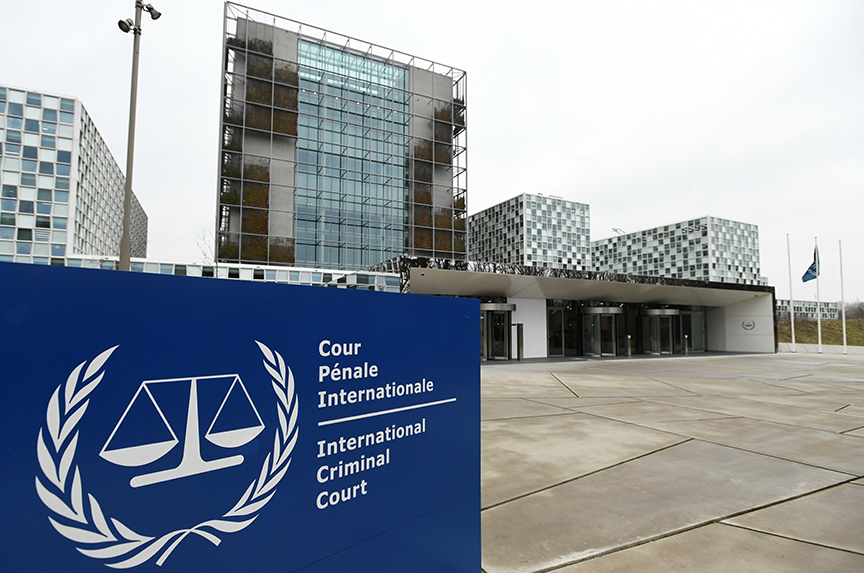
By Bob Flax, September 19, 2020
It’s a sad day when the U.S. government openly assails the international law it helped to create. But that day came on September 2, 2020 when the U.S. government announced economic sanctions against top officials of the International Criminal Court (ICC). The reason? The officials were engaged in an ICC investigation of possible war crimes committed during the long war in Afghanistan by representatives of all sides of the conflict, including U.S. military personnel and agencies.
The ICC was established by the United Nations in 1998. It has become the international community’s recognized legal authority on the defense of human rights and is tasked with investigating and trying individuals accused of the gravest of crimes, including genocide, war crimes, and crimes against humanity.
Unfortunately, after first signing the Rome Statute that established the Court, the United States has become one of just four signatories to subsequently withdraw under the George W. Bush administration in 2002. The reason offered was that the US troops would be subject to international law—even though the ability of any country to prosecute foreign nationals who commit crimes on their sovereign soil is a well-established legal practice and the ICC treaty merely allows the ICC to carry out that prosecution.
An executive order earlier this year essentially declares anyone who works with the ICC a criminal, opening the way for lawyers, judges, researchers, and staff to have their bank accounts frozen, U.S. visas revoked, and travel to the U.S. denied. Even U.S. citizens risk sanctions if they “materially support” the ICC.
ICC chief prosecutor Fatou Bensouda — who has been investigating possible war crimes by all parties in the Afghanistan conflict–is now the first to face such sanctions, with the U.S. accusing her and the ICC of attempting “to subject Americans to its jurisdiction”-that is, for expecting the world’s most powerful democracy to follow international law.
Human rights attorney Katherine Gallagher declared that the U.S. government’s action against Bensouda was an “unprecedented” deployment of “sanctions against an international prosecutor seeking to enforce international law.” Balkees Jarrah of Human Rights Watch called the move a “stunning perversion of U.S. sanctions, devised to penalize rights abusers and kleptocrats, to target those prosecuting war crimes.”
What the ICC is looking at in Afghanistan is holding the Taliban accountable for many crimes and the US to account for its violations of international law that the US signed and ratified, including “serious abuses, particularly against people in custody.”
The U.S. government has championed ICC investigations into abuses in Burma and Syria, and even recently used human rights as a cudgel against China, Iran, and North Korea. But when the investigators’ eyes turned towards America, cooperation ends.
The United States can and should do better.
Bob Flax, Ph.D. is Executive Director of Citizens for Global Solutions and an Adjunct Faculty Member in the Transformative Social Change Program at Saybrook University.









2 Responses
Governments are useless!
“The United States can and should do better.” That’s an understatement.